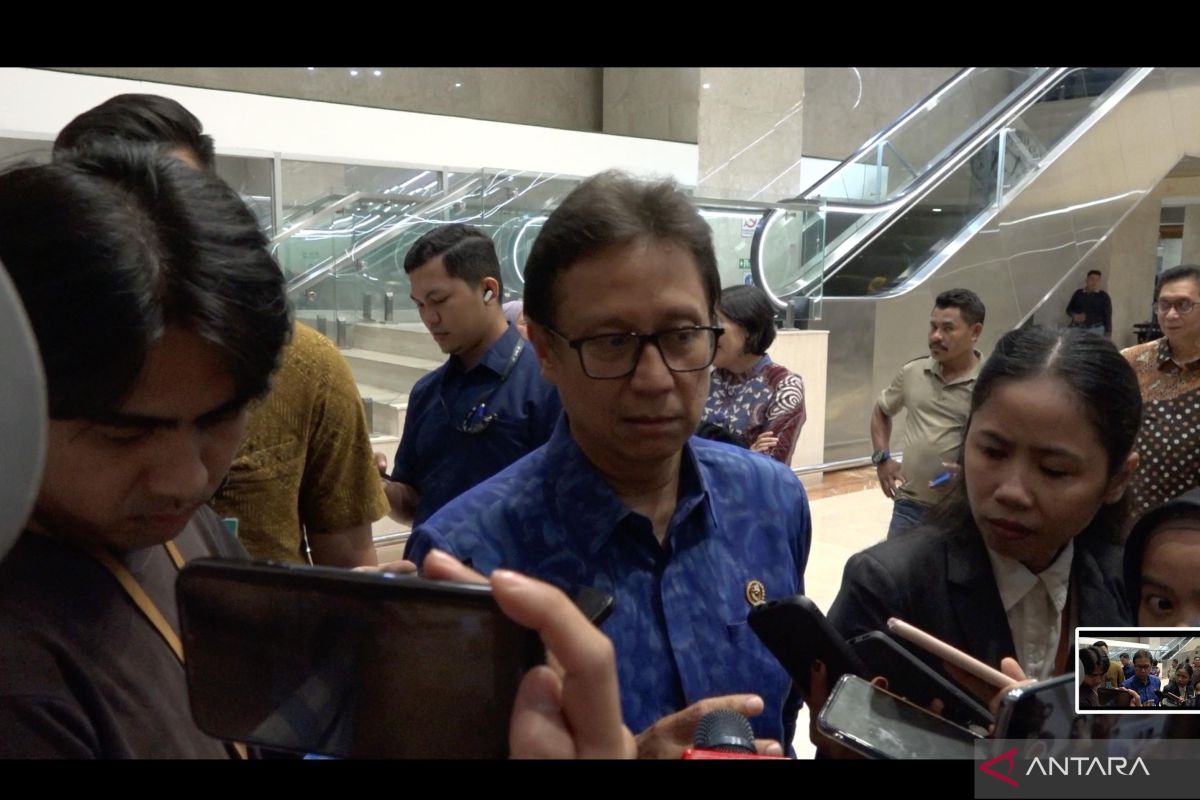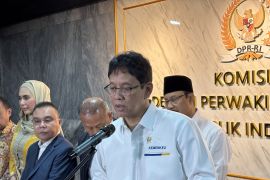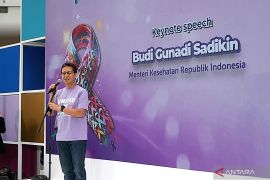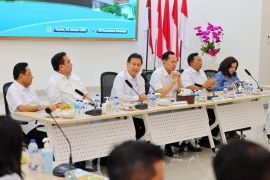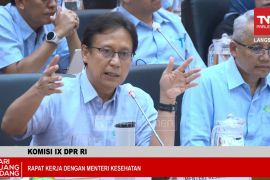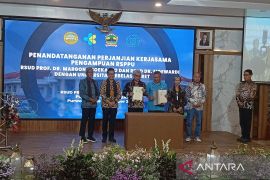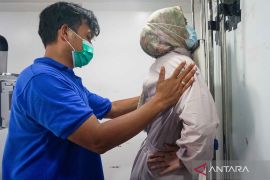Budi explained that GPs need to be skilled in conducting C-sections to handle emergency situations in regions in Indonesia, especially since several pregnant women have died during childbirth due to the unavailability of specialist doctors.
He cited Nias Island and Taliabu Island in the rural areas of Flores as examples, noting that many pregnant women died as they could not access proper treatment. He noted that traveling from Nias Island to Sumatra Island takes three to four hours.
"The last time I was in Lampung, the regent, the governor, showed a video where he had to carry a pregnant woman onto a boat and in the end she was not treated because there were no doctors," Budi stated after a meeting with the Indonesian House of Representatives (DPR) here on Wednesday (May 14, 2025).
He stressed that improving the skills of GPs is necessary to prevent further deaths caused by a lack of specialist doctors or by doctors who hesitate to help out of fear of legal consequences.
Budi explained that in the past, GPs were taught such skills and permitted to perform life-saving actions through a task-shifting mechanism, or transfer of tasks—as the WHO calls it—and this approach has been implemented in Indonesia as well.
"We will create regulations so they (GPs) can officially perform it. They will be trained formally to carry out life-saving actions. (Health) services during emergencies must be provided,” Budi concluded.
Related news: Ministry draws attention to existing shortage of general practitioners
Related news: Indonesia still lacks of general practitioners
Translator: Mecca Yumna, Azhfar Muhammad, Yashinta Difa
Editor: Yuni Arisandy Sinaga
Copyright © ANTARA 2025
